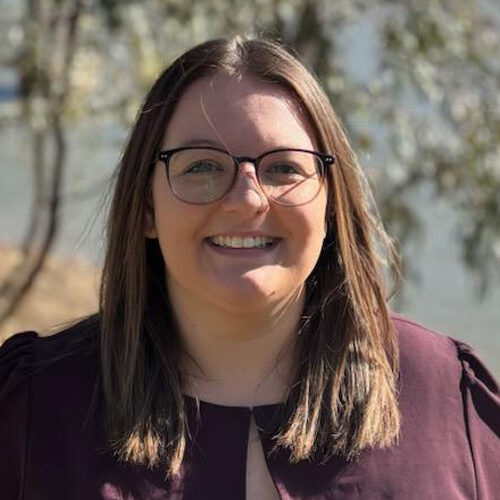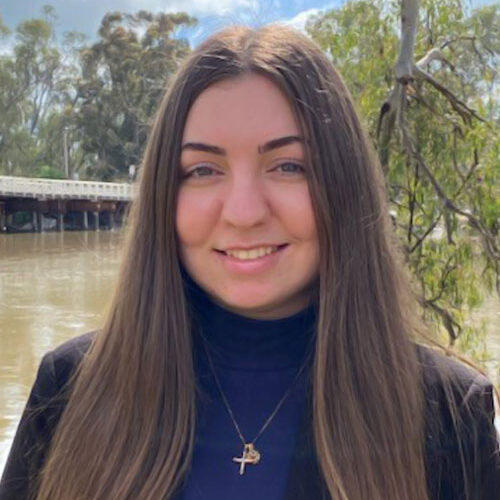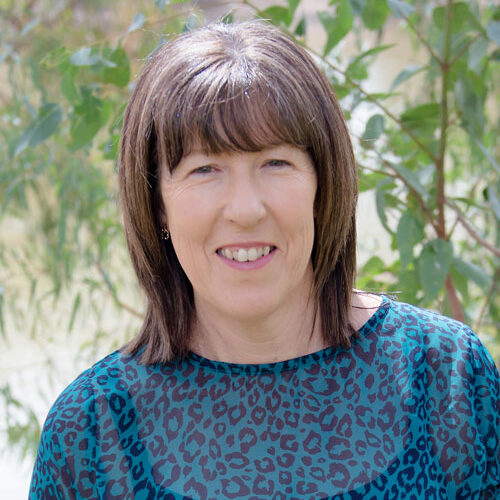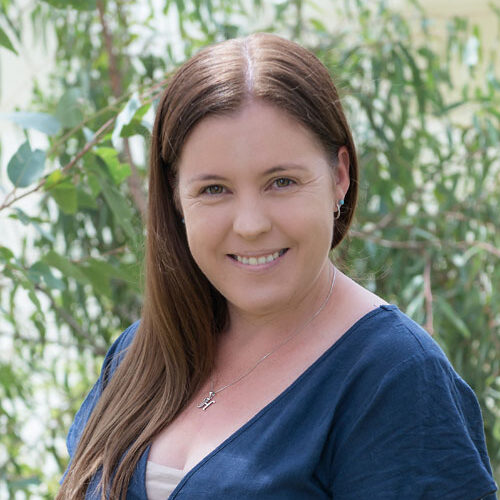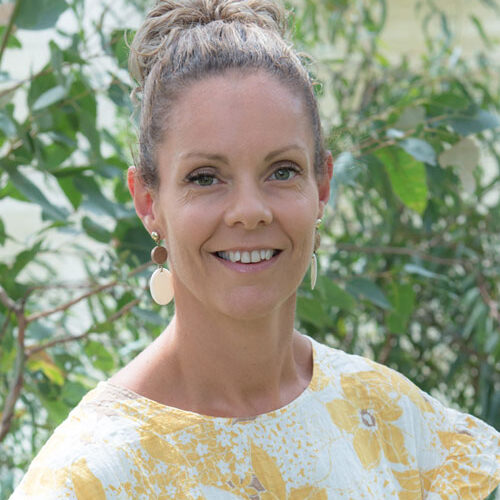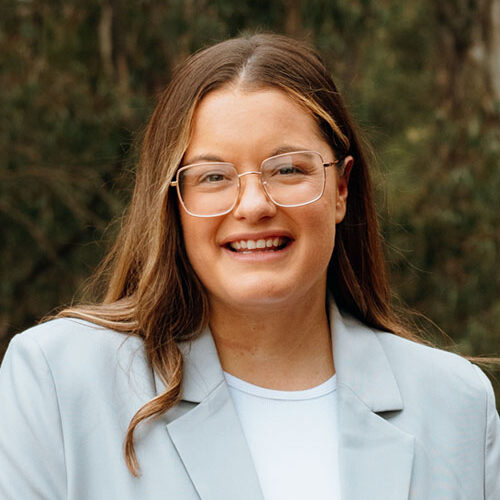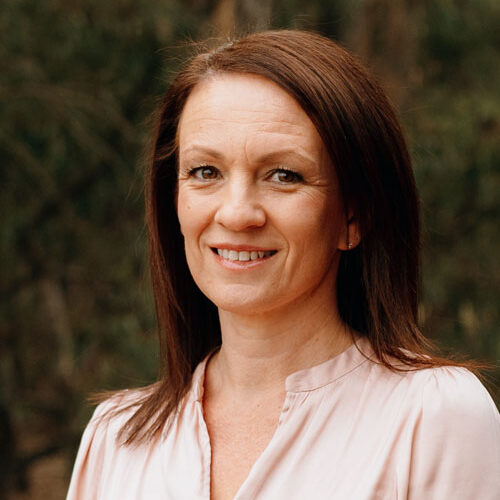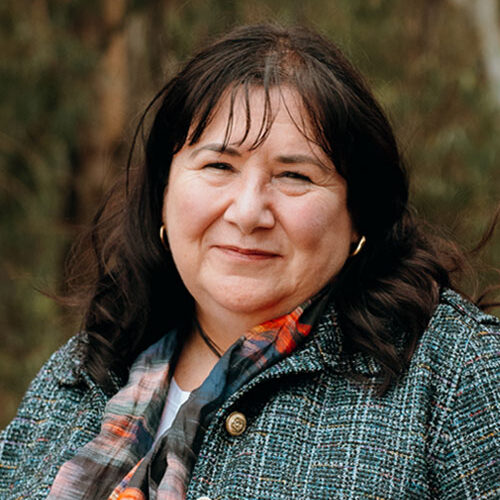Joint Custody and Separating Siblings After Divorce or Separation
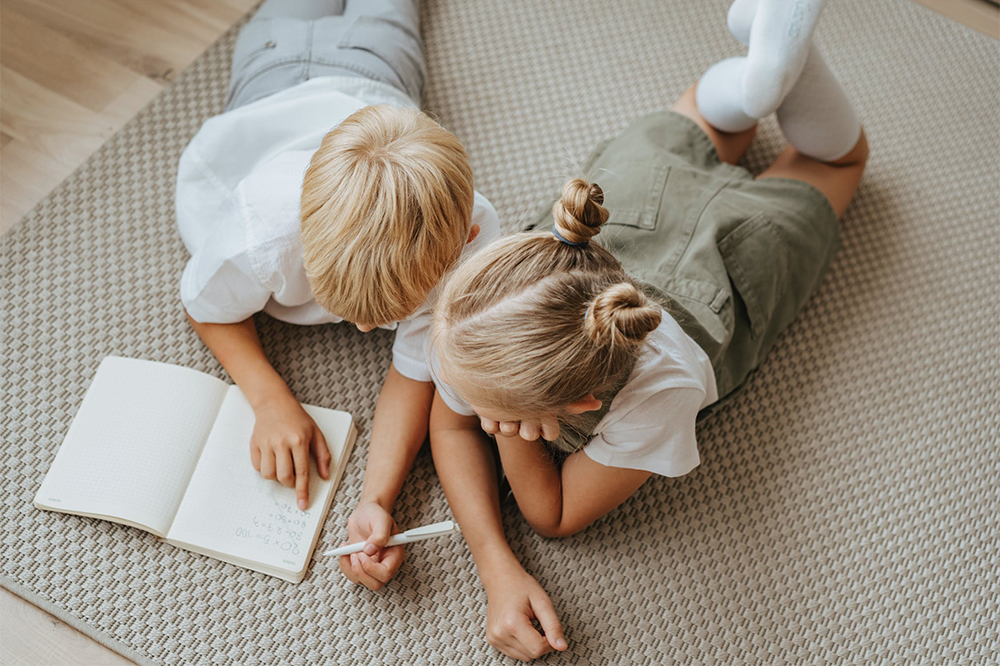
Separating from your partner is a challenging time for everyone involved. There is a lot to work out, and often one of the most important decisions that need to be made is how care of any children will be shared.
When there’s more than one child, it’s tempting to consider a joint custody agreement where each parent keeps custody of one child and the siblings are split. But is separating siblings a good idea? What do you need to think about if considering splitting siblings, and what are the effects on the siblings if you do?
Is separating siblings the best idea?
Separating siblings so each parent has custody of a child seems like the ultimate win-win for parents working out a joint custody agreement. In this solution, neither parent faces losing their role as a full-time parent, and they get to spend significant time with at least one of their children.
Unfortunately, there’s a lot more to working out a joint custody arrangement than ensuring both parents’ ‘win’. Believe it or not, there are no winners in family law.
Any custody agreement must ensure that the children's best interests are met. Separating siblings adds another layer of complexity to any custody (or spend time) arrangement and is rarely in children's best interest. They're already going through a period of significant change and grieving the loss of:
- The family unit, as one parent moves out
- The family home and/or pets depending on where they live
- Furniture and other belongings as a second house is set up
Research shows it's in the children's best interests to stay together as siblings. Siblings share a deep connection that provides important support when parents separate. Splitting siblings has a profound and ongoing effect on children's well-being and development.
How does being separated affect siblings?
Siblings tend to spend a great deal of time together, from playing to completing household chores and even sleeping. Because of this, they often have a strong bond and a way of communicating that isn't like their communication with any other person in their life.
This bond is further strengthened during times of crisis, such as parents separating, as they can support one another and share their:
- Worries
- Anxieties
- Thoughts
- Feelings
- Hopes
Children going through separation already have a lot to adjust to, but when they are also separated from their sibling, they lose their playmate, companion and the only other person in their life in the same situation. They effectively become an only child.
While, presumably, any joint custody agreement will ensure there will still be times when all the children are together, the separated siblings will spend a great deal of time apart. This can lead to feelings of isolation as children cannot share their innermost thoughts with their siblings like they used to.
Carrying the burden of worries and anxieties alone is a big ask for children, especially when the children previously had each other to confide in. Siblings talk to each other differently than they talk to their parents. They don't fear upsetting you when they share what they are feeling with their sibling, and there is no concern about whether they are disloyal to one parent or another. This form of non-judgemental communication that’s critical in helping children process what is happening as their world changes around them.
What else do you need to consider?
Aside from thinking about what is in your child's best interests, consider some practicalities about separating siblings, such as:
- How do they feel about being separated?
- If you have more than two children, how will splitting them between homes work?
- How will you ensure regular contact is maintained between them?
- How will both yourself and the other parent cope with being a full-time parent to one child? Parenting an only child is very different to parenting siblings.
- How will holidays and birthdays work?
- What will happen to the siblings' shared belongings such as toys?
- Will a change in homes result in a change in schools, doctors etc?
The research surrounding splitting siblings is, don't do it. It is not in their ultimate best interests and has a raft of consequences developmentally, psychologically and emotionally.
However, there are times when it might be necessary. In these situations, an experienced family lawyer can help you work through all the critical aspects of a joint custody agreement to ensure your child's best interests are being given adequate consideration.
Need help working out your joint custody agreement?
We understand how complicated it can be to sort out a parenting agreement that is in the best interests of your children and works for both parents. Here at Joliman Lawyers, our team of specialised family lawyers will listen to your situation and provide the advice, guidance, and assistance you need, tailored to your individual circumstance. Call us today, we’re here to help.

